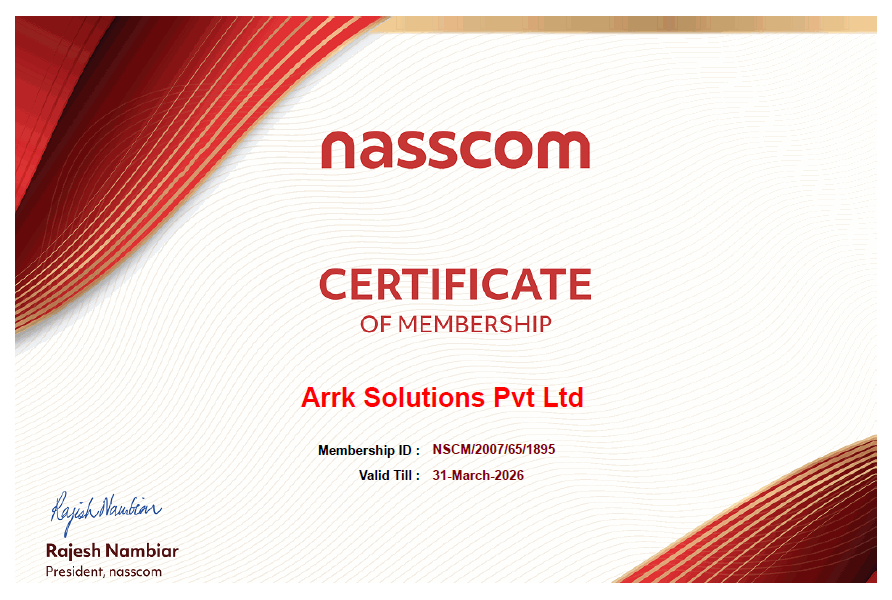Modernising a Healthcare Application for Better Performance and Scalability
Customer
Healthcare
Market insights
Business intelligence
Problem Statement
- Incompatibility with newer hardware and operating systems
- Performance issues and lack of user management
- Limited scalability, maintainability, and accessibility
Modernisation Roadmap
The hospital sought to modernise the application using contemporary digital technologies to improve usability and accessibility, ultimately supporting better service delivery. Arrk initiated the engagement through its consultative RemArrk™ programme, which helped the client explore various modernisation options.
Continuous Operational Requirements
The hospital outlined several non-negotiable requirements:
- The legacy system had to remain operational until the new system was fully stable
- Data integrity and security were to be maintained throughout
- Migration activities had to avoid disruption to ongoing operations
- Compliance with data protection regulations was essential during parallel runs
- The project was to be delivered on a turnkey basis due to limited internal digital resources
Data Security
Reputation damage
Cost escalation
Need for agile development
Solution Development
- Generate React components and routing structures
- Create reusable UI elements
- Scaffold application architecture
The iterative delivery model enabled early feedback on UI/UX and ensured alignment with user expectations. Data migration (Structured export, transformation and relational integrity) processes were designed to support consistent performance across both legacy and modern systems during the transition phase.



